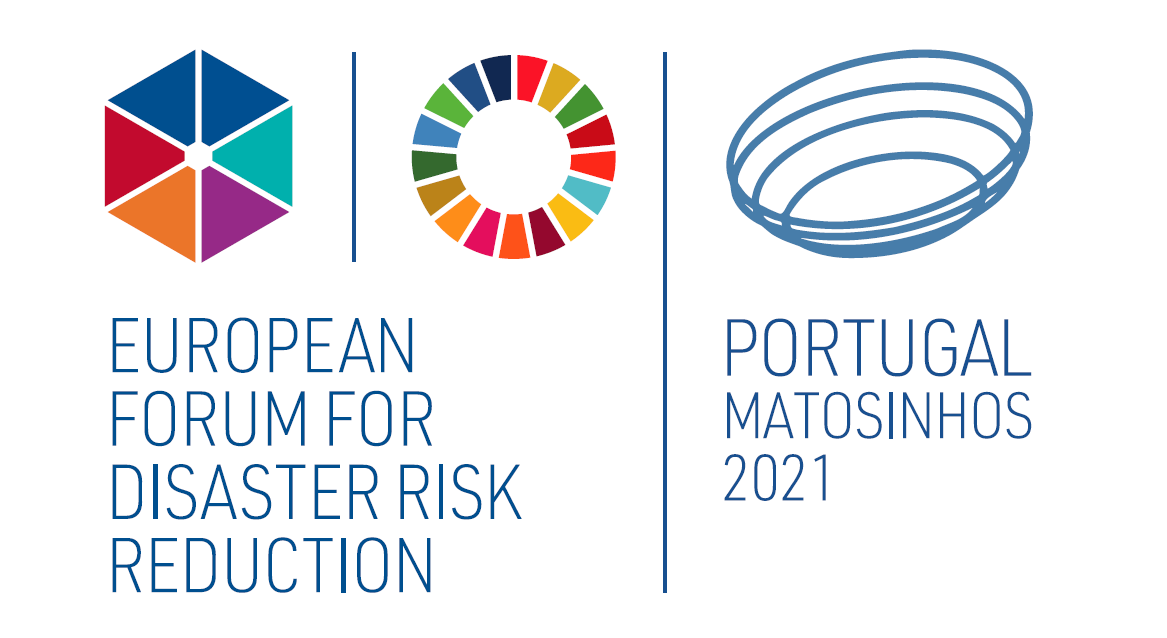EFDRR RoadMap 2021-2030
EFDRR Roadmap 2021-2030 forms a backbone for coordinated and accelerated implementation of the Sendai Framework and related SDGs targets in Europe and Central Asia.
Description
The EFDRR Roadmap 2021-2030, adopted by the Member States at the 2021 EFDRR in Matosinhos, Portugal, articulates part of the EFDRR's commitment to implement the Sendai Framework. Building on a review of the 2015-2020 Roadmap by all 55 countries of the region, it represents a backbone for coordinated and accelerated implementation of the Sendai Framework and related SDGs targets in Europe and Central Asia.
The EFDRR Roadmap 2021-2030 identifies challenges, lessons, opportunities, and pathways to support more risk-informed and inclusive regional, national, and local DRR policies, strategies, actions and systems for regional collaboration and shared learning. The Roadmap recommends 4 shared areas for achieving the priorities of the Sendai Framework and 16 common action areas for development and investment, as well as 5 enabling approaches for a more disaster-resilient region in 2030.
Added value of the Roadmap 2021-2030:
· Supporting regional, national, and local actions by identifying shared gaps, challenges, and opportunities.
· Spotlighting systems for national and local sharing of good practices for more risk-informed policies, strategies, programs, and approaches.
· Promoting and supporting systems for cross-border collaboration.
Did the Sendai Framework change or contribute to changes in your activities/organization? If so, how?
The UN Office for Disaster Risk Reduction (UNDRR) is mandated by the United Nations General Assembly resolution (56/195) to serve as the focal point in the United Nations system for the coordination of disaster risk reduction (DRR). UNDRR’s role is to support the implementation, follow-up, and review of the Sendai Framework, including by fostering coherence with other international instruments, such as the 2030 Agenda for Sustainable Development and its Sustainable Development Goals, as well as the Paris Agreement on climate change.
What led you to make this commitment/initiative?
What was your position before making this Voluntary Commitment / prior to the Sendai Framework?
In order to accelerate the implementation of the Sendai Framework and to identify the core specificities of the European and Central Asia Region, Member States and stakeholder from the region worked together to develop the EFDRR Roadmap 2021-2030.
Deliverables and Progress report
Deliverables
Deliverables are the end-products of the initiative/commitment, which can include issuance of publications or knowledge products, outcomes of workshops, training programs, videos, links, photographs, etc.
Understanding and communicating existing, emerging and future systemic risks
Inclusive and collaborative systems for governance and decision-making
Supporting investments in resilience
Preparedness for response and resilient recovery
Organizations and focal points
Implementing Organization(s)
Focal points
If a VC's contact information has been hidden, the SFVC team can forward a message.